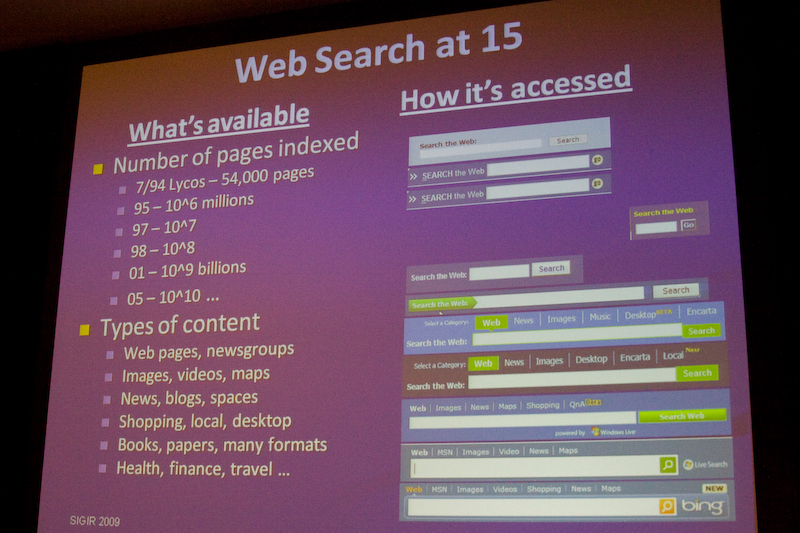“The Good Enough Revolution: When Cheap and Simple Is Just Fine” is the title of a new Wired article. In it, Robert Capps makes the following point:
The world has sped up, become more connected and a whole lot busier. As a result, what consumers want from the products and services they buy is fundamentally changing. We now favor flexibility over high fidelity, convenience over features, quick and dirty over slow and polished. Having it here and now is more important than having it perfect. These changes run so deep and wide, they’re actually altering what we mean when we describe a product as “high-quality.” And it’s happening everywhere. As more sectors connect to the digital world, from medicine to the military, they too are seeing the rise of Good Enough tools like the Flip . Suddenly what seemed perfect is anything but, and products that appear mediocre at first glance are often the perfect fit.
Capps goes on to make his point using a number of examples: The Flip video camera (easy). Web apps (no installation). Mp3s (small file size). Even healthcare. Quality, he says, is no longer measured by fidelity and richness of experience. It is measured by convenience.
I suppose I cannot argue with empiricism. What is is what is, and the article as a whole seems fairly descriptively accurate. But let me wax normative for a moment. Continue reading

